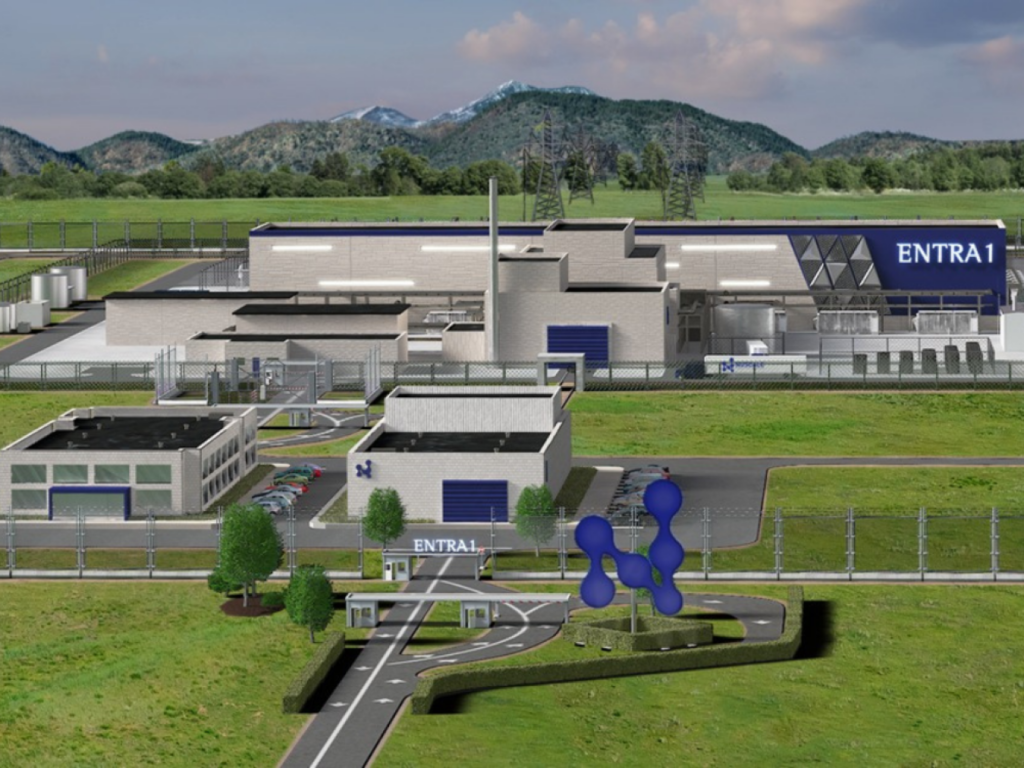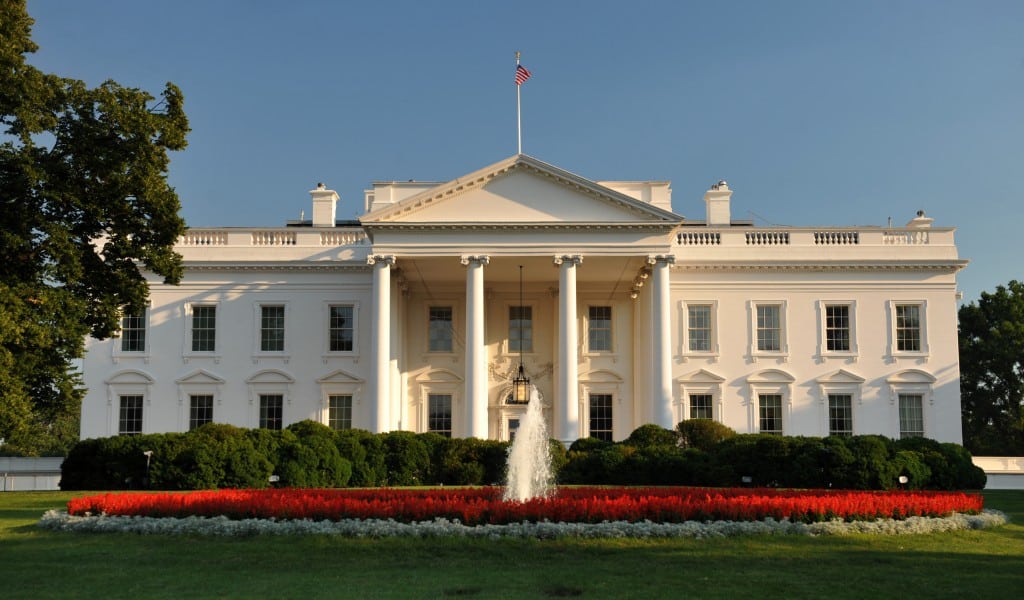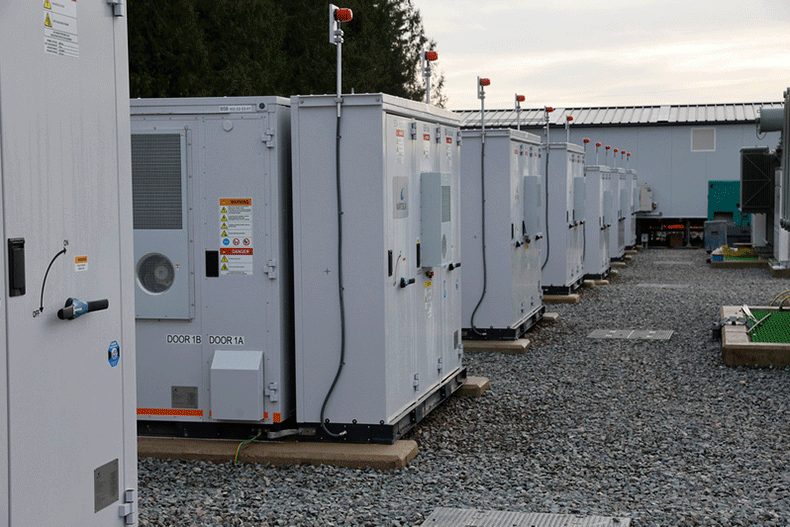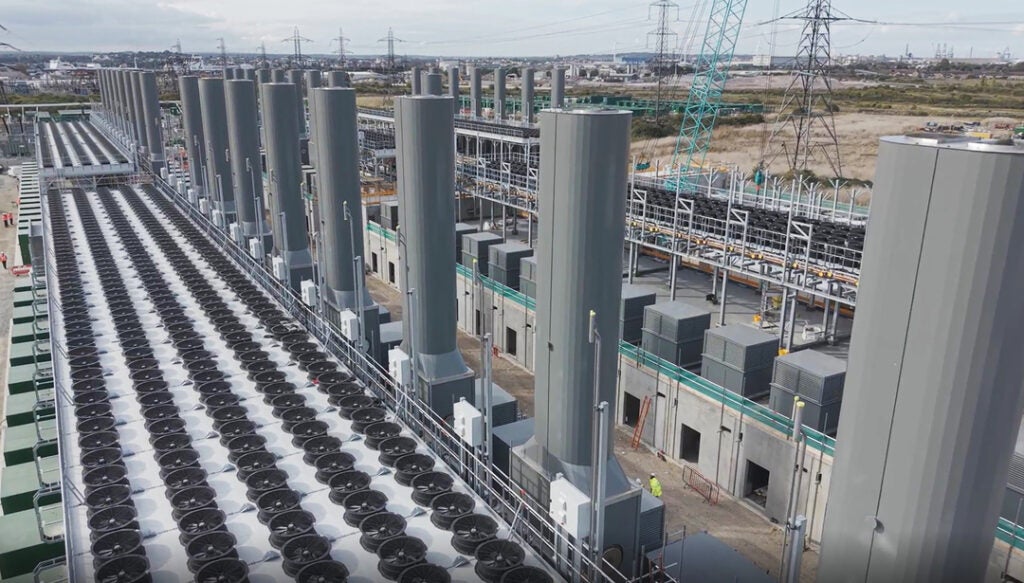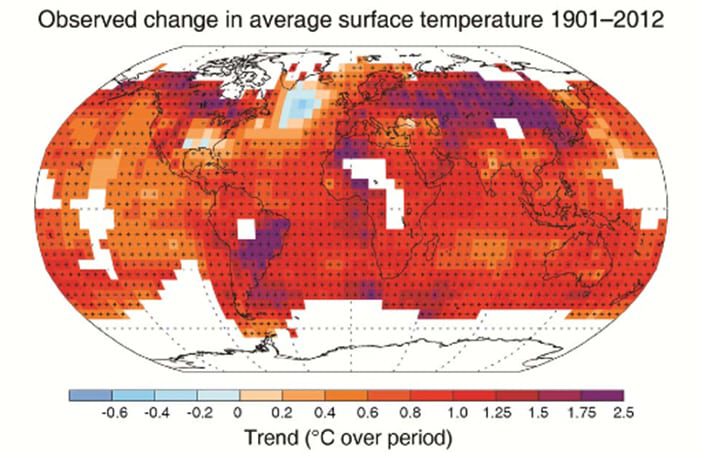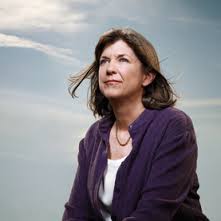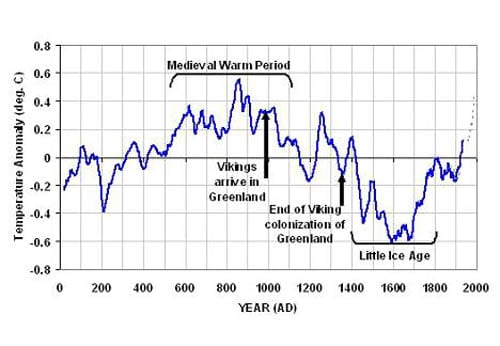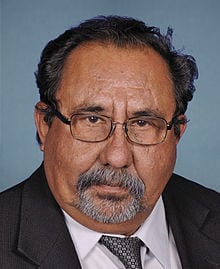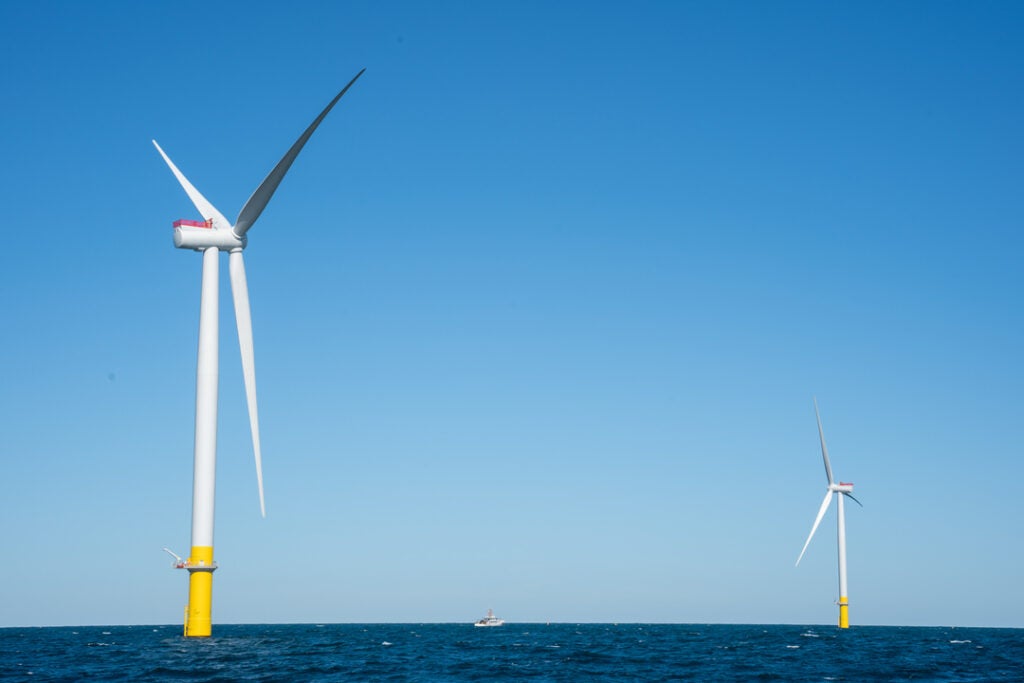Call me a climate “lukewarmist.” I’ve long been a fan of Matt Ridley, a member of the British House of Lord and a veteran journalist with The Economist for years. I highlight his latest blog posting, which is his Oct. 19 lecture at Britain’s Royal Society.

The title of Ridley’s lecture — “Global greening versus global warming” — is clear and intentionally provocative. He makes a case — sure to be trolled by the likes of Michael E. Mann and Joe Romm — that “the risk of dangerous global warming, now and in the future, has been greatly exaggerated while the policies enacted to mitigate the risk have done more harm than good, both economically and environmentally….” This argument deserves serious consideration, not derision and personal attacks. Sadly, that’s not going to happen.
Ridley (who owns coal holdings) makes four points. First, past environmental projections of doom have consistently proven false (Paul Ehrlich and John Holdren take note). Next, models for global warming “have been consistently wrong for more than 30 years.” Third, evidence shows that “climate sensitivity,” the response of the planet to changes in atmospheric chemistry, is “relatively low.” Finally, the climate science establishment has a vested interest in catastrophism.
Ridley begins by discussing “global greening,” the phenomenon that increased atmospheric carbon dioxide has driven increased vegetation over the planet, “a roughly 14% increase in green vegetation on planet Earth” over the past 30 years. Growth of forest trees has increased (photos confirm this), and there has been an “increased growth rate of phytoplankton, marine plants and some corals….”
Ridley observes, “Back in 1908 Svante Arrhenius, the father of greenhouse theory, said the following: ‘By the influence of the increasing percentage of carbonic acid in the atmosphere, we may hope to enjoy ages with more equable and better climates.’ It appears he was not wrong.”
As for global warming (“climate change” is a misleading euphemism), Ridley notes, “These days there is a legion of well-paid climate spin doctors. Their job is to keep the debate binary: either you believe climate change is real and dangerous or you’re a denier who thinks it is a hoax.” Ridley objects. Carbon dioxide is a greenhouse gas, he acknowledges. It is increasing; burning fossil fuels is a main cause; the climate does change; the atmosphere is warmer today than “50 or 100 years ago.”
But, he argues, “There is no consensus that climate change is going to be dangerous. Even the (UN’s Intergovernmental Panel on Climate Change) says there is a range of possible outcomes, from harmless to catastrophic. I’m in that range: I think the top of that range is very unlikely. But the IPCC also thinks the top of its range is very unlikely.”
To Ridley’s four points. Predictions of environmental catastrophe over the years are hollow. That includes the current fiction that a warming climate will produce weather extremes. No evidence exists for that. Among other failed forecasts, the United Nations Environment Programme said in 2005 that the world would see 50 million “climate refugees” by 2010.
The climate models, the IPCC reported in 2014, have failed to predict a seriously warming climate: “111 of the 114 available climate-model simulations show a surface warming trend larger than the observations.”
The planet isn’t behaving as alarmists predict. “A doubling of CO2 in the atmosphere cannot on its own produce dangerous warming,” Ridley writes. The catastrophic scenario depends on a mechanism “very few politicians and journalists seem to even know about:” extra water vapor (the most common greenhouse gas) released by “warming oceans and accumulating at high altitudes.” Evidence for this is sketchy. Whether water vapor and clouds have a positive or negative impact on global warming is unclear.
As for climate scientists milking funding mechanisms (which I suspect is less significant than Ridley argues), Ridley quotes Roy Spencer, a distinguished retired NASA scientist who curated the satellite global temperature data for decades and is a warming skeptic: “If you fund scientists to find evidence of something, they will be happy to find it for you. For over 20 years we have been funding them to find evidence of the human influence on the climate. And they dutifully found it everywhere….”
The false leads and bogus science, argues Ridley, produce misleading policies, such as heavily-subsidized renewables. In Germany, he argues, “a 20% increase in renewables between 1999 and 2014 has resulted in no change in emissions at all.” Ultimately, says Ridley, “The skeptics, with their shoestring budgets, with zero public money, under constant assault, are winning the argument.”


